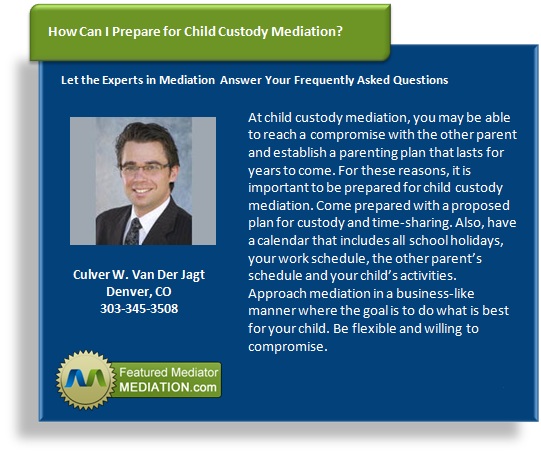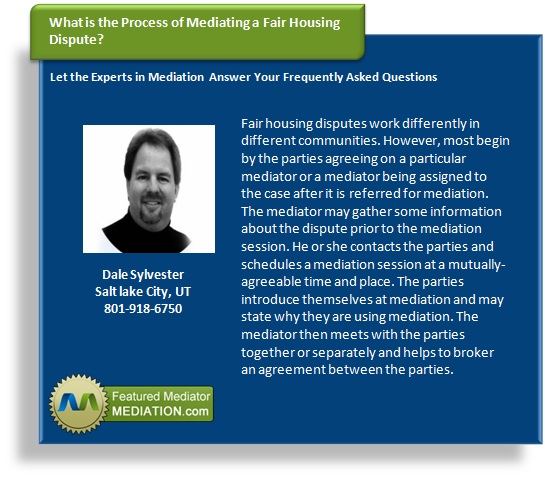 Co-parenting with a parent with whom you are no longer involved in a romantic relationship can be challenging for many parents. Here are some tips for helping you to establish and maintain a positive co-parenting relationship.
Co-parenting with a parent with whom you are no longer involved in a romantic relationship can be challenging for many parents. Here are some tips for helping you to establish and maintain a positive co-parenting relationship.
Be Empathetic
Try to consider the other parent’s point of view. It is likely difficult for them to lose time with their child or not be able to celebrate a holiday with their child. Also, consider your child’s perspective. It is likely difficult constantly being pulled in two directions. Acknowledge difficult feelings and operate from a position of compassion.
Pick Your Battles
There are times when you may need legal intervention, but there are also times when it is more important to win the war of maintaining an effective co-parenting relationship than any small battle. The other parent may deal with a situation differently than you would have, but that does not necessarily mean that there is a problem worth confronting.
Respect the Other Parent’s Time
When your children are with the other parent, try not to call them too often or when you know they will be busy. Be prompt about dropping off the children. Allow the children to enjoy time with the other parent.
Be Flexible
Even though you have likely created a well planned out schedule, changes may be necessary. Be flexible if you need to switch weekends or holidays.
Use Mediation If Conflict Arises
Conflict may still arise even if you work diligently to establish a co-parenting relationship. If this occurs, consider an option to reduce conflict, such as mediation. This process involves the use of a neutral third party who can help you and the other parent improve your communication, recognize the other’s perspective and consider your shared interests.






 Child custody mediation is an effective alternative that can help you and the other parent work out an agreement regarding your child. Some of the main reasons to consider child custody mediation include:
Child custody mediation is an effective alternative that can help you and the other parent work out an agreement regarding your child. Some of the main reasons to consider child custody mediation include:
 Due to the ample benefits of using the mediation process, many communities have established mediation panels or programs to resolve fair housing issues. These programs can provide significant benefits to the parties.
Due to the ample benefits of using the mediation process, many communities have established mediation panels or programs to resolve fair housing issues. These programs can provide significant benefits to the parties.